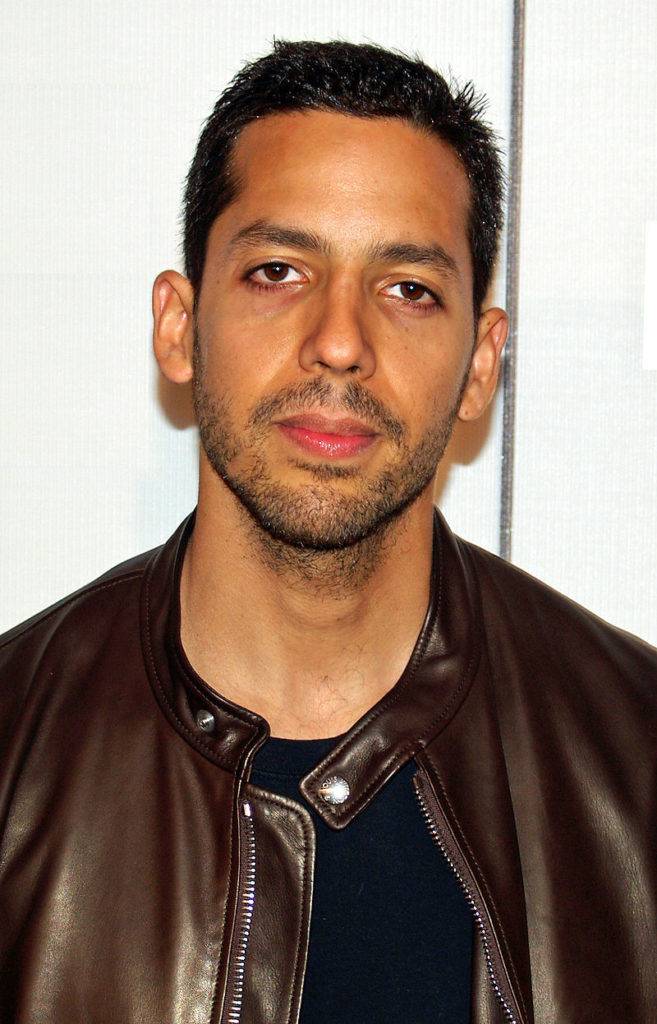David Blaine is my favourite magician. I first saw him on television years ago doing tricks for people on the street. Since then, Blaine’s career has morphed into performing such death-defying feats as shooting himself in the mouth or holding his breath for 17 minutes.
But I like his street magic the best; it’s up close and personal and never fails to amaze and delight his audiences. You see some of his street magic here.
Recently, Blaine was interviewed by Tim Ferris on the latter’s podcast. The episode offers an interesting glimpse into Blaine’s childhood, how he became interested in magic, his sources of inspiration and more.
As Blaine recounted his different experiences, he would often say something along the lines of: “So, I was doing magic to a guy …”.
I found it interesting that he chose the preposition to to describe his interactions with people. He did not do magic for them; he did not do magic in front of them.
He did magic to them.
I had never heard it put this way before, but it made perfect sense. Magicians put their audiences under their spell, so they are doing magic to them.
It got me thinking about how public speakers talk about their audiences. Most of the time, I hear a speaker say something along the lines of “I am speaking to an audience” or “I have to give a presentation to 50 people”. I have often said the same thing.
What if we changed the preposition? What if, instead of speaking to an audience, we spoke for an audience? What if we went into a speaking engagement by putting the audience first: their needs; their interests; their hopes; their fears? What if we approached the engagement as an opportunity to be of service and do something for them?
Speak for your audience and watch the magic happen.
Embed from Getty Images Embed from Getty Images Embed from Getty Images
















6 Replies to “David Blaine and the magic of a preposition”
Just wanted to comment at you 😉 or maybe for you?
Great idea. How we frame what we do can have a huge impact on the outcome.
I especially liked your appeal to focus on listeners’ hopes and fears. That’s key to a technique I call start strong, which draws people in at a gut level, right from the opening line.
Thanks, Craig. Much appreciated.
Comment WITH me!
That was an interesting observation! I hadn’t noticed that myself when I listened to the podcast. I have a lot of respect for David Blaine as well, incredible well-rounded performer.
Thanks, Sanjay. The first time he said it, I let the interview continue playing but after 30 seconds or so, I rewound to hear it again. Something about it just caught my attention. And yes, Blaine is a consummate performer.